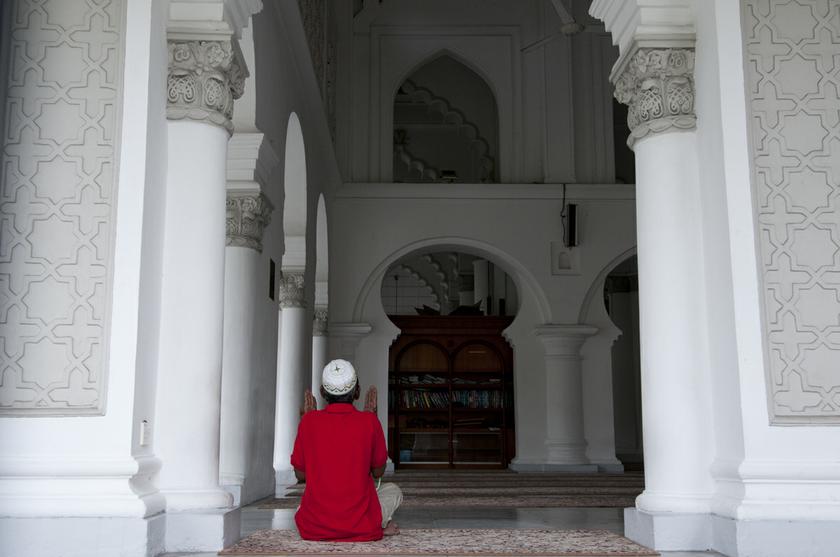KUALA LUMPUR, Jan 3 — Followers of the outlawed Ahmadiyya sect are challenging a crackdown on their activities nearly a year ago, on the grounds that they do not fall under the jurisdiction of Islamic law since they have been declared apostates by religious authorities in Selangor.
On August 14 last year, a group 39 Ahmadiyya followers were granted leave by High Court Judge Datuk Zaleha Yusuf to pursue a judicial review application of their arrests by the Selangor Islamic Department (JAIS) in a raid at a shoplot in Dolomite Park in Batu Caves, four months earlier on April 11.
The group, however, will have to wait until the court hears and decides on a September 10 application by the Selangor Islamic Council (MAIS) — which oversees JAIS’s operations — to strike out the judicial review application.
Jane Tai, counsel for the Ahmadiyya group, said they are seeking a court declaration that religious authorities have no jurisdiction over the group since they are not recognised as Muslims according to several fatwa issued earlier.
On June 22, 1998, the Selangor Fatwa Committee ruled that followers of Ahmadiyya or Qadiani teachings are “kafir” or non-believers, and that any individual that follows Qadiani teachings is an apostate, according to the national e-fatwa database.
The group is also seeking a declaration that their investigation and pending prosecution at the Shariah Court by Selangor’s religious authorities violates their constitutional rights and goes against the Administration of Muslim Law (State of Selangor) Enactment 2003.
At the same, the group wants a mandamus order to compel state religious authorities to recognise the effects of the fatwa and drop or cancel any investigation of legal action against them.
The 39 applicants — which includes eight Pakistani asylum seekers, two Indian nationals, one Indonesian and 27 Malaysians — were arrested by JAIS officers on April 11, 2014 on the grounds that they were performing Friday prayers in a place that is not a mosque.
The group, which includes three minors, were initially ordered to face the Gombak Shariah Court in October and November last year, but the case has since been postponed to make way for the judicial review application.
Should they fail in their application, the 39 members of Jemaah Ahmadiyah Muslim Malaysia would have to go back to the Shariah Court where they could be liable for a fine of not more than RM1,000, not more than six months jail or both.
The last major raid by Selangor religious authorities on followers of the Ahmadiyya sect was in 2011, when the group was stopped from performing Friday prayers in a mosque in Kg Nahkoda in Batu Caves.
Followers of the Ahmadiyya sect are considered deviant by many Islamic countries that follow the Sunnah wal Jamaah ideology, which includes Malaysia.
The minority group — which follows the teachings of Mirza Ghulam Ahmad or Imam Mahdi — have faced particularly severe reprisal in Pakistan, where they are targeted and sometimes killed by hardliners.
In 1984, Pakistan passed a law declaring followers of the Ahmadiyya sect as non-Muslims and allowed the authorities to jail them for “posing as a Muslim” or “offending a Muslim’s feelings”, according to an earlier Reuters report.



















